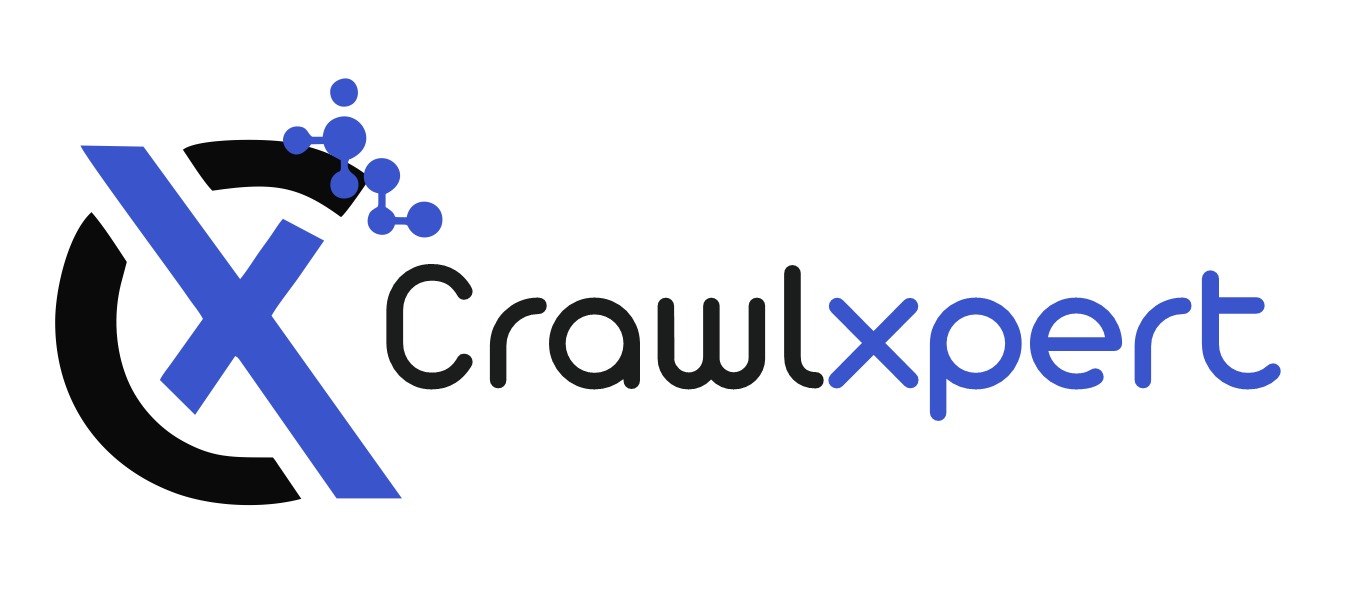
Scraping Quick Commerce Apps for Product Availability and Out-of-Stock Alerts
Apr 01, 2025
Introduction
Thanks to Q-commerce, customers can receive their products delivered within a few minutes kind of service that has transformed retail. The Instacarts, Gorillas, and Blinkits of this world have continued to bring about a massive expectation for the consumer- instant groceries, electronics, or any household essentials. But the most significant challenge is availability. Scraping applications for quick commerce is for both parties: businesses and customers, monitoring inventory, tracking availability of products, as well as real-time out-of-stock alerts.
This blog sheds light on why it is vital to scrape quick commerce apps, what the methodologies entail as well as the ethics of scrapping, while providing a short list of the best Q-commerce and some relevant points that could be used in effective data collection.
Why Scrape Quick Commerce Apps?
1. Real-Time Product Availability Monitoring
Most stocks in quick commerce experience real-time inadequacy and hence businesses can scrape to keep an eye on the stocks to be able to deliver their reports on how stocked or de-stocked a product is in real-time.
2. Competitive Price Tracking
The retailer and the e-commerce would simply employ web scraping to monitor competitors' pricing and make adjustments accordingly to avoid spending more than customers would. All these would ensure and keep them ahead of the competitive market.
3. Out-of-Stock Alerts
Stock-out conditions lead to sales loss and a disgruntled customer. Scraping provides the alert to inform the business when a product is out of stock so as to replenish or provide alternatives.
4. Market Trend Analysis
Forecasting of trends gives way to optimization in creating a more efficient supply chain. It considers the patterns of consumer demand so that businesses would be able to comprehend how to reuse their activities. Data that have been scraped can help them know the leading products and when they are most likely to sell.
5. Automated Inventory Management
Stocking activity becomes more accurate in screwing up with inventory levels through embedding scraped data with stock management systems for smooth seamless restocking.
How to Scrape Quick Commerce Apps?
Scraping quick commerce apps is a complex task due to the use of dynamic content, APIs, and anti-bot mechanisms. Below are the common methods used for extracting data efficiently.
1. Web Scraping Using Python Libraries
- BeautifulSoup: Used for parsing HTML content.
- Scrapy: A powerful framework for large-scale scraping.
- Selenium: Automates web browsers to extract data dynamically loaded with JavaScript.
- Requests: Fetches HTML content from webpages.
2. API Scraping
Some quick commerce apps provide APIs that allow users to fetch product availability data. If available, using APIs is the best method as it reduces the risk of getting blocked.
3. Headless Browsers
Using tools like Puppeteer and Selenium with headless browsers can help bypass certain bot detection mechanisms.
4. Proxy Rotation and User Agents
To prevent getting blocked, proxy rotation and user-agent switching techniques are employed to mimic human browsing behavior.
5. Data Storage and Processing
Extracted data can be stored in databases such as PostgreSQL, MySQL, or NoSQL databases like MongoDB. Data processing can be handled using Pandas and NumPy.
Ethical and Legal Considerations
Scraping data from quick commerce apps must be done responsibly while ensuring compliance with ethical and legal guidelines:
- Respect Terms of Service: Always check if the platform allows scraping or provides an API for accessing data.
- Avoid Overloading Servers: Excessive requests can slow down or disrupt the platform's operations.
- Data Privacy Compliance: Ensure compliance with regulations like GDPR and CCPA when handling customer-related data.
- Use Data for Fair Practices: Scraped data should be used ethically, such as for research, market analysis, and inventory management, rather than unfair competitive advantage.
Top 10 Quick Commerce Apps
Below are the top 10 quick commerce apps along with detailed descriptions and relevant data points that can be used to extract product availability and stock data efficiently.
1. Instacart
One of the most successful grocery delivery and pick-up services in North America, Instacart partners mainly with Costco, Safeway, Walmart, and many others to ensure a speedy and convenient grocery delivery experience.
Relevant Data Points: product name, price, availability, store name, delivery time, discount
2. Gorillas
An ultra-fast grocery delivery service specializing in fresh and essential items, it delivers more than just groceries via Q-commerce throughout Europe and major cities.
Relevant Data Points: SKU, category, available quantity, availability based on location, estimated delivery time.
3. Blinkit (formerly Grofers)
With just a few minutes of express grocery delivery service in India, Blinkit offers fresh produce, packaged foods, and household essentials.
Relevant Data Points: real-time stock, price updates, discounts, nearest store, express delivery.
4. Zepto
This rapidly growing Indian startup promises 10-minute grocery delivery and is largely popular among urban consumers looking for ultra-fast shopping.
Relevant Data Points: instant delivery, item status, price comparison, store listing, hot deals.
5. Getir
Getir was founded in Turkey and has grown globally, delivering a variety of grocery items and daily needs at incredibly fast speeds.
Relevant Data Points: item status, in-stock, best-selling products, flash sales, category filters.
6. JOKR
JOKR's mission is to reduce food waste and provide fast delivery of groceries, convenience products, and other local specialties, all while prioritizing sustainability.
Relevant Data Points: inventory tracking, brand availability, seasonal products, fast delivery, and user ratings.
7. Flink
A Q-commerce venture delivering groceries in minutes in Europe, Flink cares about fresh food and sustainability.
Relevant Data Points: stock alerts, price fluctuations, delivery speed, trending products, exclusive offers.
8. Zapp
Zapp serves its urban livelihood with high-demand product and grocery delivery during ungodly hours from late night to early morning in London and other European cities.
Relevant Data Points: instant stock update, order fulfillment, delivery timelines, limited-time offers.
9. Amazon Fresh
An extension of Amazon's vast e-commerce network, Fresh delivers perishable groceries and other household essentials fast.
Relevant Data Points: grocery items, real-time availability, discounts, promotion, search by brand.
10. Uber Eats (Groceries section, expanded)
Besides food items, Uber Eats also delivers groceries to selected locations, sourcing from local stores for speedy service.
Relevant Data Points: grocery name, quantity left, nearest store, price changes, bundle deals.
Challenges in Scraping Quick Commerce Apps
Despite the numerous benefits, scraping quick commerce platforms comes with several challenges:
1. Frequent Website Structure Changes
Platforms update their website structures frequently, requiring scrapers to be modified accordingly.
2. Anti-Bot Mechanisms
Many platforms deploy CAPTCHA, rate limiting, and bot-detection algorithms to prevent scraping.
3. IP Blocking
Excessive requests from a single IP can lead to bans. Proxy rotation is necessary to avoid detection.
4. Data Inconsistency
Stock levels and prices change rapidly, making it essential to scrape data frequently for accuracy.
Conclusion
It is very useful to scrape quick commerce applications as a way of tracking product availability, keeping an eye on price fluctuations, and getting real-time alerts about stockouts. Such insights are valuable for businesses, retailers, and consumers alike in the quest for better inventory management and competitive survival in the Q-commerce world.
If you are looking for expert scraping solutions, CrawlXpert has extensive scraping tools and services to efficiently get data from quick commerce platforms without any compromise on ethical or legal standards. Stay ahead in the fast-paced Q-commerce landscape with CrawlXpert's cutting-edge web scraping technology!

